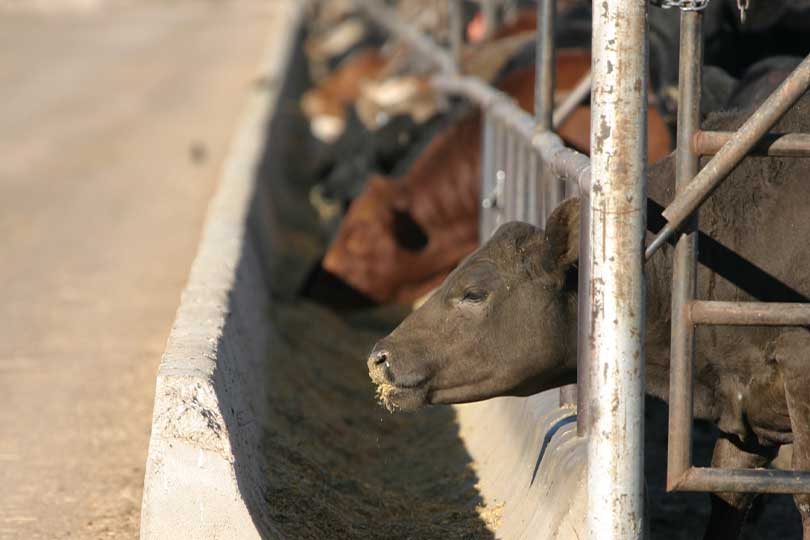By Julie Tomascik
Editor
President Donald Trump issued an executive order calling for the U.S. Department of Justice (DOJ) to investigate major meatpacking companies for possible price fixing and market manipulation.
The order directs the DOJ to work with the U.S. Department of Agriculture (USDA) to examine whether packer practices have unfairly limited competition or suppressed prices paid to producers, while consumer beef prices remained high.
The order targets the foreign-dominated companies that control America’s meat supply and have been accused of artificially inflating prices at the expense of farmers, ranchers and working families, according to the White House.
Four major companies—Tyson Foods, JBS, Cargill and National Beef—control more than 80% of the U.S. beef processing market. Two of these companies are either foreign-owned or have significant foreign ownership and control, the White House said.
Texas Farm Bureau issued a statement in support of the executive order.
“Texas Farm Bureau appreciates President Trump bringing attention to this important issue. Consolidation in the beef industry is a serious concern for Texas beef producers,” TFB President Russell Boening said in a statement.
Enforcing existing antitrust laws and preventing further concentration are essential steps to restore balance in the marketplace, Boening noted.
“Texas Farm Bureau supports the U.S. Department of Agriculture and the U.S. Department of Justice aggressively enforcing antitrust laws and opposing further packer concentration,” he said.
The pricing disparity between what producers receive for cattle and what consumers pay for beef has raised alarms across rural America. While ranchers saw steep declines in cattle prices, retail beef prices often remained stable, and sometimes even increased, at grocery stores.
“Beef producers, like all commodity producers, have no control over the price that consumers pay when their product reaches the retail level,” Boening said. “Producers are price-takers, not price-makers. They cannot pass on higher production costs to the consumer like most other businesses.”
Throughout the year, beef prices have reached record highs nationwide and are expected to remain elevated into 2026. The U.S. cattle herd is at its lowest level in nearly 75 years.
“Beef producers took a substantial hit on the price of their commodity in recent weeks, but the price consumers paid for beef did not decrease at the supermarket,” Boening said.
For Texas cattle producers, which is the largest segment of the state’s livestock industry, the investigation could shed light on a long-standing imbalance between those who raise cattle and those who process and market beef products.
“Texas beef producers are not to blame for higher beef prices at the retail level,” Boening said. “There are many influences on today’s consumer beef prices, one of which is supply and demand.”
An executive order President Joe Biden signed in 2021 also directed USDA to address consolidation in the meat industry, including new rules designed to increase competition in the meat and poultry sectors.
The continued attention from both administrations underscores the significance of the issue and the need for solutions that ensure fair markets for cattle producers and consumers alike.
TFB has remained committed to that goal for years. Members have advocated for regulatory and legislative efforts that level the playing field for producers and strengthen the future of Texas beef production.


Leave A Comment